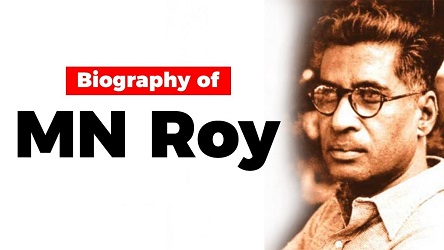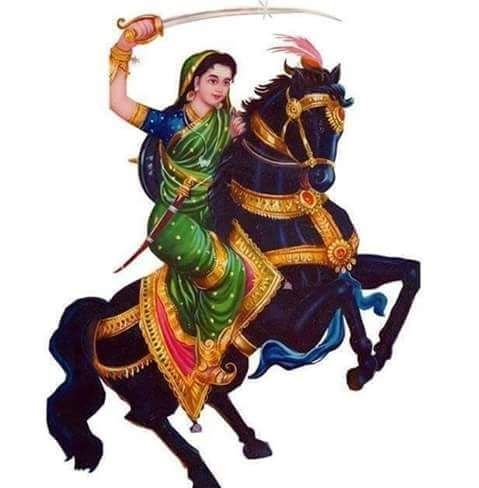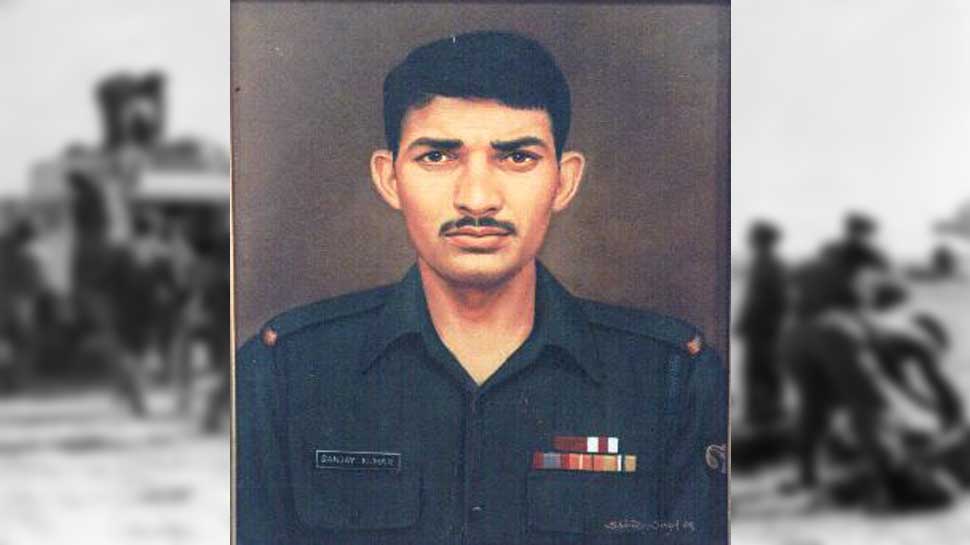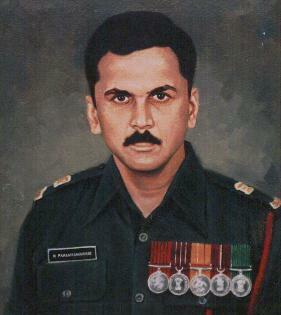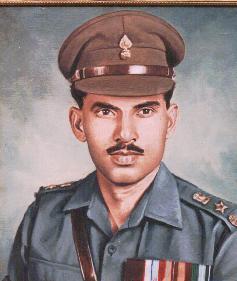I. Introduction
Alexander the Great, known as Sikandar in Persian, is one of the most renowned figures in world history. His conquests stretched from Greece to India, leaving an indelible mark on civilizations and cultures across continents. This essay delves into the life, achievements, and lasting impact of Sikandar.
II. Early Life and Education
Sikandar was born in 356 BCE in Pella, the capital of the Kingdom of Macedon. He was the son of King Philip II and Queen Olympias. Tutored by the philosopher Aristotle, he received a comprehensive education in philosophy, literature, and warfare, laying the foundation for his future conquests.
III. Rise to Power
Upon his father’s assassination in 336 BCE, Sikandar ascended to the throne at the age of 20. He swiftly consolidated power within Macedonia and embarked on a mission to fulfill his father’s dream of expanding the empire.
IV. Conquests and Military Campaigns
Sikandar’s military campaigns are legendary. He crossed the Hellespont into Asia Minor in 334 BCE, defeating the Persian forces at the Battle of Granicus. Over the next decade, he conquered Egypt, Persia, and parts of Central Asia, including the famous victory at the Battle of Gaugamela in 331 BCE.
V. Cultural Exchange and Legacy
Sikandar’s conquests facilitated significant cultural exchange between the East and West. He founded numerous cities, including Alexandria in Egypt, which became centers of learning and commerce. His legacy also includes the spread of Hellenistic culture and the fusion of Greek and Eastern traditions.
VI. Challenges and Setbacks
Despite his military prowess, Sikandar faced numerous challenges and setbacks during his campaigns. These included rebellions within his own ranks, logistical difficulties in maintaining supply lines, and the refusal of his troops to continue eastward into India.
VII. Legacy in India
Sikandar’s invasion of the Indian subcontinent in 326 BCE marked a significant turning point in Indian history. Though his campaign was cut short by his troops’ reluctance to proceed further into the Indian heartland, his brief incursion left a lasting impact on Indian politics, culture, and society.
VIII. Death and Succession
Sikandar’s death in 323 BCE, at the age of 32, remains shrouded in mystery. Some accounts attribute his demise to illness, while others suggest foul play. Following his death, his vast empire fragmented, leading to the rise of successor states and the eventual decline of Hellenistic influence in the region.
IX. Historical Interpretations
Sikandar’s legacy has been the subject of numerous historical interpretations and scholarly debates. Some view him as a visionary leader who sought to unify the known world, while others criticize his methods as tyrannical and destructive.
X. Cultural Depictions and Popular Imagination
Sikandar’s life has inspired countless works of literature, art, and film. From ancient Greek texts to modern Hollywood epics, his story continues to captivate the imagination of people around the world, symbolizing the timeless quest for power, glory, and conquest.
XI. Conclusion
In conclusion, Sikandar’s legacy as one of history’s greatest conquerors is indisputable. His military achievements, cultural impact, and enduring influence on world history ensure that his name will be remembered for generations to come


